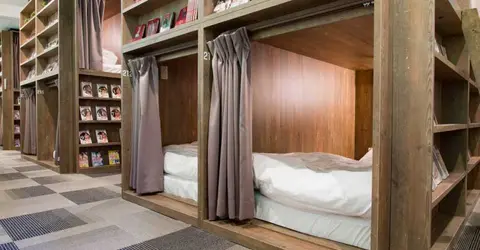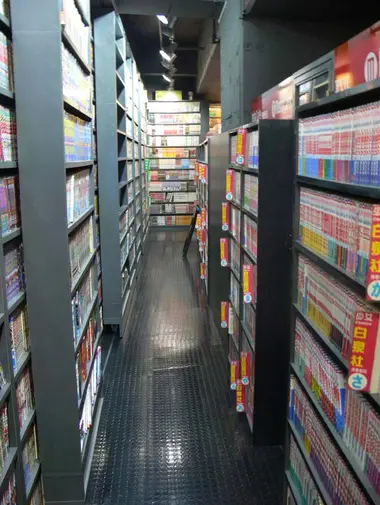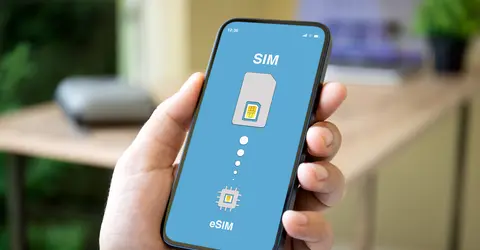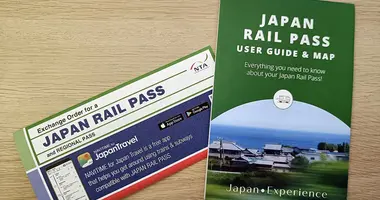Internet Cafes
Internet Cafes in Japan: see a listing of internet cafes in Japan's major cities: Tokyo, Nagoya, Osaka, Kyoto, and to which you are free to add your own.
With personal computing becoming ever more portable, the demand for traditional internet cafes with computers for hire has declined. Nevertheless, they are still around in Japan, and the number of cafes, restaurants, and other spaces that offer Wi-Fi is constantly growing.
One way to get online and check your email is with Kinko's, a US-based company that offers printing and copying services at its numerous branches. Kinko's has branches throughout Japan as well as Korea, China and other places in the world.
However, being relatively expensive, they are recommended more for business people or those travellers who do not intend to make extensive use of the internet while in Japan.
Manga/Internet Cafes
For more frequent use of the internet or simply for the experience, a visit to a Japanese manga/internet cafe is recommended.
Manga/internet cafes come in many shapes and sizes, but what makes them different is their double function, i.e., as places where people not only use the internet but also read comics (manga).
Japanese manga comics are immensely popular, and many Japanese internet cafes are also known as manga- or media-cafés.

Manga Cafe interior
@Japan Visitor
How to find internet cafes
If arriving in a city via its main train station, there is a good chance that the tourist information office there can direct you to the nearest internet cafe. Otherwise simply keep an eye out for one in any shopping area. Look for the 24-hour signs, as most manga cafes are open 24/7.
Along with these generous opening hours, you can expect an extensive range of services. Most of the cafes provide free drinks to customers. The selection of drinks may vary but it's always a bottomless cup.
Bigger cafes with kitchens even provide light meals at a reasonable charge for web-surfers, DVD watchers and video gamers.
Cost of internet cafes
As for charging, most internet cafes offer access for a certain time at a fixed price and then charge extra for additional use beyond that.
For longer use, discounts may be available. For instance, there will often be a flat rate for all-day access. Many offer a discount coupon at the end of your session to entice you back.
The spaces themselves are often divided into open and closed boxes. An open box with limited privacy is a little cheaper than a closed box. Closed boxes are small cabins that, besides a computer, will often have a television and sometimes also a game computer.
Normally there is also a choice of a smoking or non-smoking booth. Many Japanese pay for a manga-reading-only seat, which is cheaper but does not include internet access.
Internet cafe trends
At the moment, there are a great number and variety of internet cafes in Japan. However, a trend seems to be developing where chain branches are pushing out the smaller cafes.
While these branches usually offer more extensive services, their prices are somewhat higher and they often require paid-up membership. If money is an issue, there are still places to be found where internet access is free.
Department store internet cafes
Certain department stores still offer access for a limited time at no charge. While no longer so common, other establishments with a bar require that you order a drink or two in return for limited period access. But a manga cafe is generally the best bet for getting online in Japan.
Our recommended internet cafes in Japan!
The Cafeman website lists internet cafes throughout Japan. Likewise, Freespot website, lists Wi-Fi spots throughout Japan. Please note that both sites are Japanese-language only.
Popeye is a large internet cafe chain with locations throughout Japan.
Jiyu Kukan is another internet cafe chain with stores nationwide with private booths for individuals or groups, karaoke, billiards, darts and manga plus food and drinks.
Staying connected when travelling in Japan
With a number of alternatives, such as eSIM, SIM cards, and pocket WiFi, staying connected while traveling in Japan is simple. With eSIM, visitors may quickly activate a local data plan without requiring a physical card, making it a practical option for contemporary smartphones, but another dependable choice are traditional SIM cards. Pocket WiFi is a great option for big groups or heavy data users because it offers a portable hotspot that several devices may connect to at once. Since each option has benefits, the ideal solution for you will rely on your device compatibility, usage requirements, and configuration preference.














